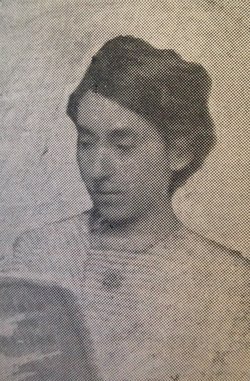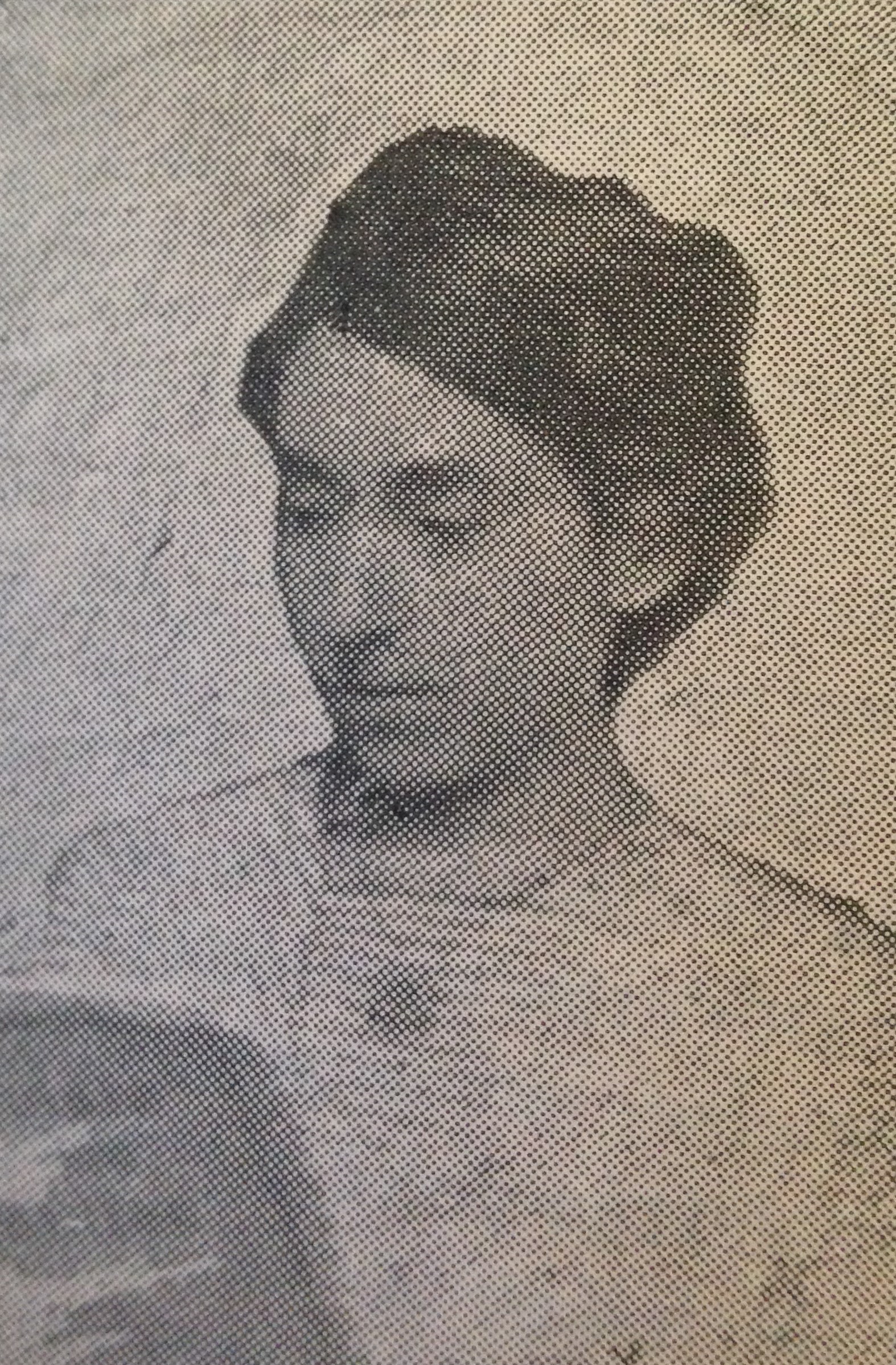Carlota Matienzo Románwas born in Barcelona, where her parents met and married while her father was in law school. Her father,Rosendo Matienzo Cintrón, was from Puerto Rico. In the beginning of the 1880s, the family returned to Puerto Rico from Barcelona. They settled in Mayaguez, where her father built his law practice and became active in politics. In 1904 he was elected from the district as a member of the House of Representatives of Puerto Rico.
In 1907, Carlota Matienzo graduated from the University of Puerto Rico, among the first generation of students after the university was founded. She subsequently went to New York for graduate work, where she studied philosophy at Columbia University.She returned to Puerto Rico to become a teacher.
In her professional life, Matienza worked on reform in the public school system in Puerto Rico in order to extend education to all classes of children.
She also became active in other political issues. The Puerto Rican Feminine League, the first organization of its type to work for women's rights, was founded in 1917 by women of the "propertied, professional and intellectual elite", including Ana Roque de Duprey, Ángela Negrón Muñoz, and Matienzo, who were all teachers.In this period women's rights groups were active throughout Latin America as well as in the United States.
In 1921, Carlota Matienzo was one of the founders as the group changed its name to the Suffragist Social League and began to work directly for women's voting rights. Its members included medical doctors, writers and other intellectuals. She helped organize major conferences in San Juan, Ponce, Puerto Rico and Arecibo. She was among the leaders who took women's concerns to the legislature. After allying with the Popular Feminist Association of Working Women of Puerto Rico, the League supported universal suffrage.
Carlota Matienzo Román continued as one of the League's prominent members until 1924, when it divided into two organizations, split largely along grounds of political party affiliation of its leaders. Those who remained with the League favored the Pure Republican Party and the Republican-Socialist Coalition.The dissidents recruited members from the Union Party and Republican-Unionist Alliance.
The University of Puerto Rico posthumously named a hall in
Carlota Matienzo Román's honor at the campus. In addition, it established the annual Carlota Matienzo Prize, which is awarded to graduates who demonstrate outstanding ability in teaching.
In the late 20th century, Matienzo was one of 999 women selected by American artist Judy Chicago for her installation, The Dinner Party (1979), premiered at the Brooklyn Museum.
From Wikipedia, the free encyclopedia
Carlota Matienzo Románwas born in Barcelona, where her parents met and married while her father was in law school. Her father,Rosendo Matienzo Cintrón, was from Puerto Rico. In the beginning of the 1880s, the family returned to Puerto Rico from Barcelona. They settled in Mayaguez, where her father built his law practice and became active in politics. In 1904 he was elected from the district as a member of the House of Representatives of Puerto Rico.
In 1907, Carlota Matienzo graduated from the University of Puerto Rico, among the first generation of students after the university was founded. She subsequently went to New York for graduate work, where she studied philosophy at Columbia University.She returned to Puerto Rico to become a teacher.
In her professional life, Matienza worked on reform in the public school system in Puerto Rico in order to extend education to all classes of children.
She also became active in other political issues. The Puerto Rican Feminine League, the first organization of its type to work for women's rights, was founded in 1917 by women of the "propertied, professional and intellectual elite", including Ana Roque de Duprey, Ángela Negrón Muñoz, and Matienzo, who were all teachers.In this period women's rights groups were active throughout Latin America as well as in the United States.
In 1921, Carlota Matienzo was one of the founders as the group changed its name to the Suffragist Social League and began to work directly for women's voting rights. Its members included medical doctors, writers and other intellectuals. She helped organize major conferences in San Juan, Ponce, Puerto Rico and Arecibo. She was among the leaders who took women's concerns to the legislature. After allying with the Popular Feminist Association of Working Women of Puerto Rico, the League supported universal suffrage.
Carlota Matienzo Román continued as one of the League's prominent members until 1924, when it divided into two organizations, split largely along grounds of political party affiliation of its leaders. Those who remained with the League favored the Pure Republican Party and the Republican-Socialist Coalition.The dissidents recruited members from the Union Party and Republican-Unionist Alliance.
The University of Puerto Rico posthumously named a hall in
Carlota Matienzo Román's honor at the campus. In addition, it established the annual Carlota Matienzo Prize, which is awarded to graduates who demonstrate outstanding ability in teaching.
In the late 20th century, Matienzo was one of 999 women selected by American artist Judy Chicago for her installation, The Dinner Party (1979), premiered at the Brooklyn Museum.
From Wikipedia, the free encyclopedia
Gravesite Details
1484/Barrio Obrero
Family Members
Sponsored by Ancestry
Advertisement
Records on Ancestry
Sponsored by Ancestry
Advertisement





